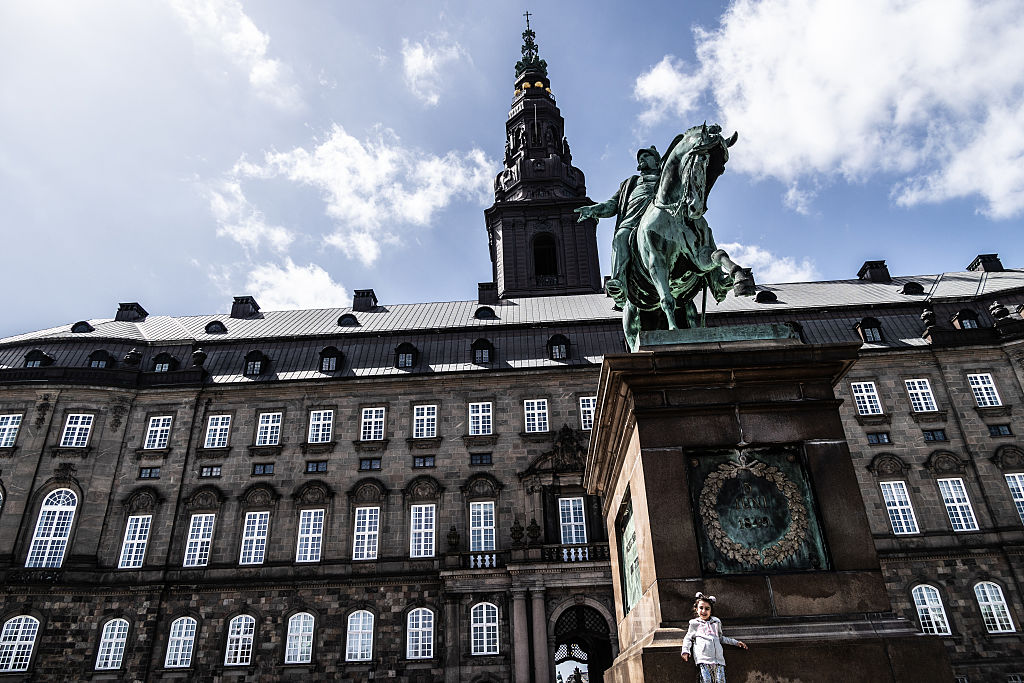Millions of Danes could soon hold copyright control over their own image, facial features, and voice under an amendment the country is considering to combat AI deepfakes.
The Danish government revealed Thursday that a broad coalition of legislators are working on a bill that would make deepfakes illegal to share and put legal protections in place to prevent AI material depicting a person from being disseminated without their consent.
[time-brightcove not-tgx=”true”]
“In the bill we agree and are sending an unequivocal message that everybody has the right to their own body, their own voice and their own facial features, which is apparently not how the current law is protecting people against generative AI,” Danish culture minister, Jakob Engel-Schmidt, told The Guardian.
The Danish department of culture will submit a proposed amendment for consultation this summer. The bill, if enacted, would issue “severe fines” for online platforms that do not abide by the new law. The Danish government said that parodies and satire would not be affected by the proposed amendment.
The actions come as deepfakes have become increasingly common, affecting celebrities such as pop star Taylor Swift and even Pope Francis as well as many less famous people, and also grown more cumbersome to identify as AI-generated. More than 200 musicians, including Billie Eilish and J Balvin, penned an April letter speaking out against the use of AI, such as voice cloning, in the music industry.
Other countries have enacted some protections. In May, the U.S. passed the Take It Down Act, which criminalizes nonconsensual deepfake imagery and mandates social media companies to remove such material from their platforms 48 hours after they are notified of the deepfake.

